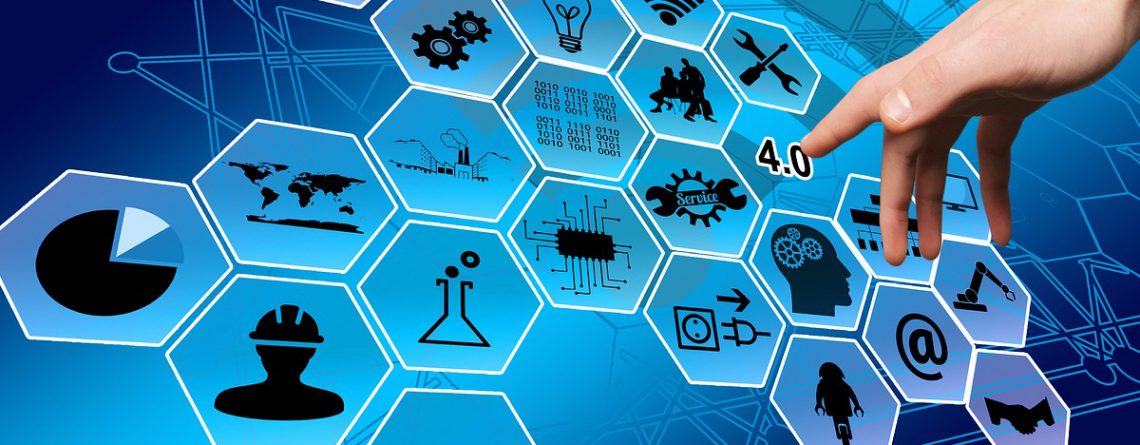What is the Industry 4.0?
Industry 4.0 refers to the fourth industrial revolution. After mechanization (Industry 1.0), mass production (Industry 2.0) and automation (Industry 3.0), now the “ internet of things and services ” is becoming an integral part of manufacturing. Industry 4.0 technologies have the potential to create extraordinary growth opportunities and competitive advantages.
Industry 4.0 introduces what has been called the “smart factory,” in which cyber-physical systems monitor the physical processes of the factory and make decentralized decisions. The physical systems become Internet of Things, communicating and cooperating both with each other and with humans in real time via the wireless web.
For a factory or system to be considered Industry 4.0, it must include:
- Interoperability — machines, devices, sensors and people that connect and communicate with one another.
- Information transparency — the systems create a virtual copy of the physical world through sensor data in order to contextualize information.
- Technical assistance — both the ability of the systems to support humans in making decisions and solving problems and the ability to assist humans with tasks that are too difficult or unsafe for humans.
- Decentralized decision-making — the ability of cyber-physical systems to make simple decisions on their own and become as autonomous as possible.
In Industry 4.0, the connected ecosystem of the Internet of Things (IoT), will be able to help manufacturers and consumers alike to provide increased automation, improved communication and monitoring, along with self-diagnosis and new levels of analysis to provide a truly productive future.
Factories will become increasingly automated and self-monitoring as the machines within are given the ability to analyze and communicate with each other and their human co-workers, granting companies much smoother processes that free up workers for other tasks.


